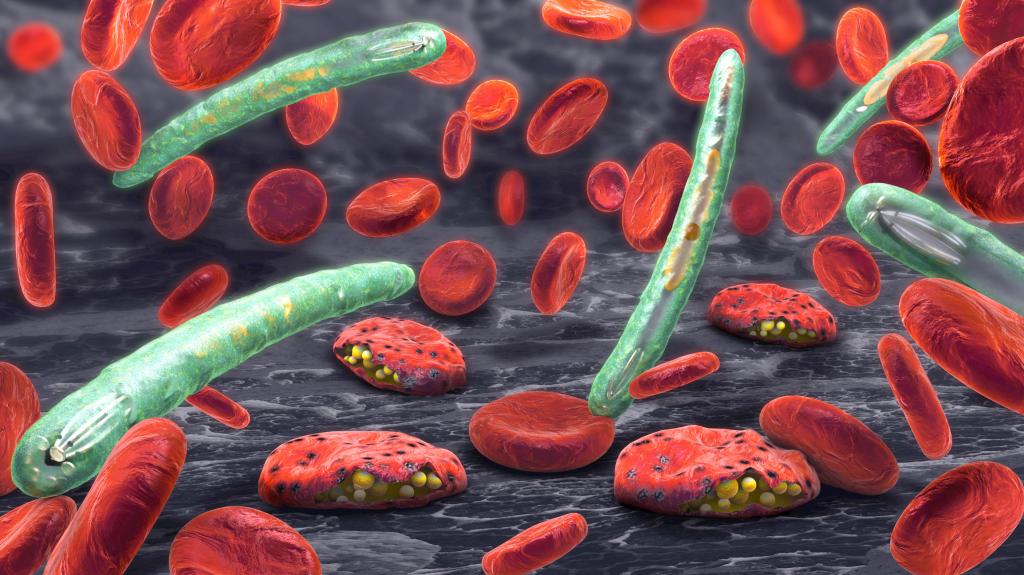Science & Technology
New Biomarker for Malaria Detection
- 25 Jun 2019
- 2 min read
 A researcher’s team from the Indian Council of Medical Research’s Jabalpur-based National Institute of Research in Tribal Health has identified Glutamate dehydrogenase as a new biomarker in the body of the malaria parasite for malaria detection.
A researcher’s team from the Indian Council of Medical Research’s Jabalpur-based National Institute of Research in Tribal Health has identified Glutamate dehydrogenase as a new biomarker in the body of the malaria parasite for malaria detection.
- It will help to develop a more sensitive and accurate diagnostic test for malaria detection.
Biomarker
- Biomarkers are key molecular or cellular events that link a specific environmental exposure to a health outcome.
- Biomarkers play an important role in understanding the relationships between exposure to environmental chemicals, the development of chronic human diseases, and the identification of subgroups that are at increased risk for disease.
Existing Method of Diagnosis
- Currently, tests used for diagnosing malaria are based on a gene, Histidine-rich Protein 2 (HRP2), replete with amino acid Histidine.
- The studies have shown that this gene is often absent in some strains of the malaria parasite. Consequently, significant levels of malaria infection were going undetected.
- Scientists across the world have been searching for new biomarkers that would be more effective. The study provides scientific evidence for the conserved nature of Glutamate dehydrogenase sequences in Indian isolates which can be used as a potential biomarker for diagnosis of malaria.
ICMR-National Institute of Research in Tribal Health (NIRTH)
- It is a permanent institute of Indian Council of Medical Research (ICMR) under the Department of Health Research, Ministry of Health of Family Welfare.
- The NIRTH was established on 1st March 1984 in Jabalpur by ICMR with the mandate to improve health and create awareness among tribals through applied and operational research. This institute is recognized by the World Health Organization as its collaborative Centre for the health of the indigenous population.
- The institute has conducted several important research projects on Malaria, Filaria, Tuberculosis, Diarrhea, Virology, Fluorosis and Social Sciences.




